
Gentle Care, Clear Futures, Specialized Eye Care for Your Child

20
Years
180+
Hospitals

700+
Eye Specialists

3
Crore+ Eyes

What are Refractive Surgeries?
Refractive surgeries are procedures that change the eye’s focusing power—usually by reshaping the cornea or placing a lens—so light focuses properly on the retina and vision improves without glasses or contacts.
Refractive surgeries treat myopia, hyperopia, astigmatism, and presbyopia by reshaping the cornea or using specialised lenses to improve clarity at all distances.
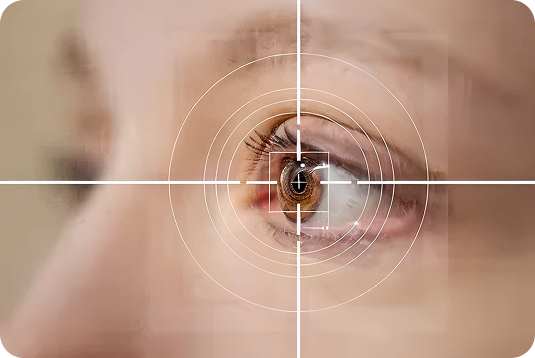
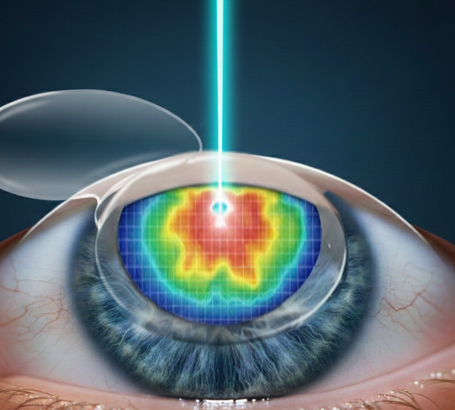
LASIK (Laser-Assisted In Situ Keratomileusis): A thin corneal flap is made, the deeper cornea is reshaped with an excimer laser, and the flap is replaced.
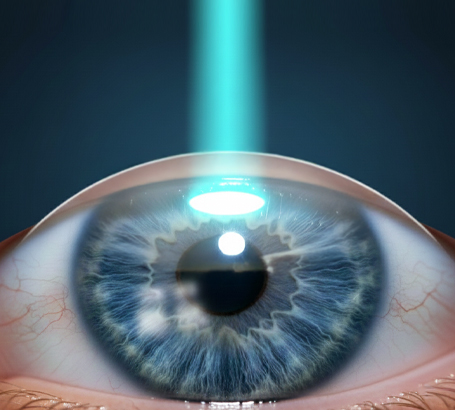
PRK (Photorefractive Keratectomy): The outer corneal layer is removed and the surface is reshaped with an excimer laser—no flap.
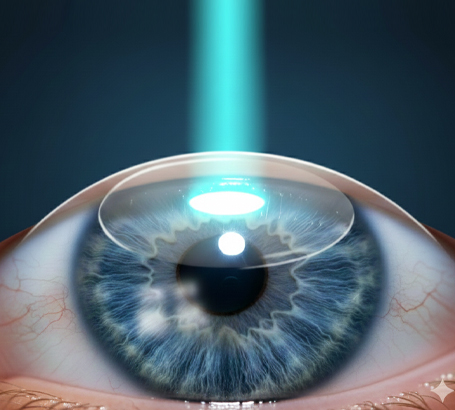
SMILE (Small Incision Lenticule Extraction): A small corneal incision is used to remove a lenticule of tissue, reshaping the cornea with minimal invasion.
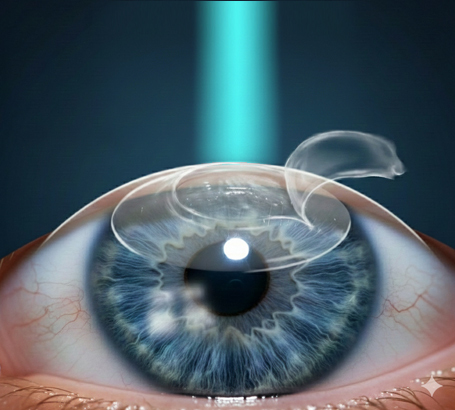
LASEK (Laser Epithelial Keratomileusis): The epithelium is loosened and moved aside, the cornea is treated, and the epithelium is repositioned.
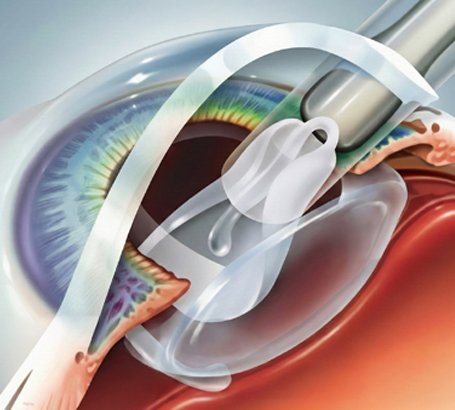
Refractive Lens Exchange (RLE): The natural lens is replaced with an intraocular lens (IOL) to correct high prescriptions or presbyopia.
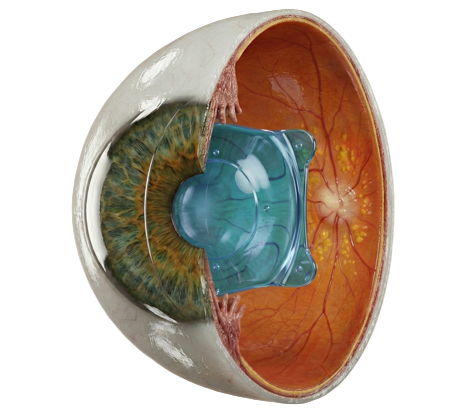
Phakic Intraocular Lenses (Phakic IOLs): A corrective lens is implanted inside the eye while keeping the natural lens in place for very high prescriptions.
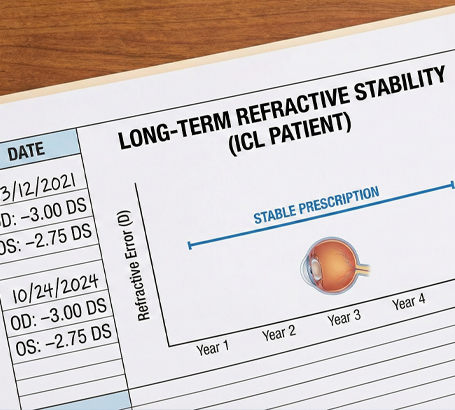
Stable prescription: Power should be stable for at least 12 months.

Minimum age: Generally 18 years or older for laser procedures.
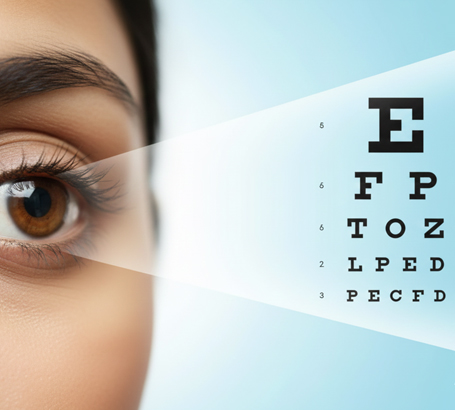
Good ocular health: No active infections, uncontrolled glaucoma, or advanced retinal disease.
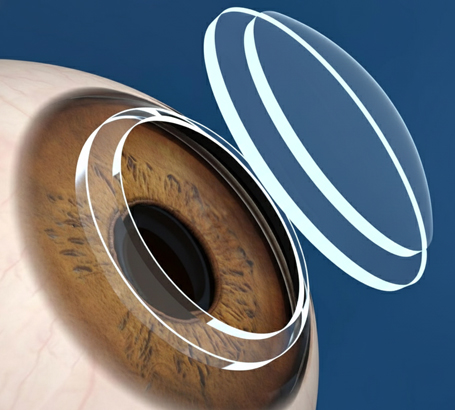
Sufficient corneal thickness: Thin corneas may limit LASIK but allow alternatives like PRK or Phakic IOLs.

Manageable dry eye : Treatable dry eye should be controlled before surgery.

Overall health: Certain systemic conditions or medications may affect healing and candidacy.

Myopia (Nearsightedness): Blurred distance vision corrected by reshaping the cornea or implanting a lens.

Hyperopia (Farsightedness): Difficulty with near vision corrected by adjusting corneal curvature or lens power.

Astigmatism: Irregular corneal shape causing distorted vision, corrected by targeted corneal reshaping or toric lenses.

Presbyopia: Age-related near-vision loss; options include RLE, multifocal/EDOF lenses, or monovision strategies
Why Choose ASG
ASG offers personalised refractive care delivered by experienced surgeons using the latest laser platforms and thorough pre-operative testing. From candidacy assessment to follow-up, we provide safe, predictable outcomes and fast recovery with compassionate patient support.
Advanced Technology for
Safer, Smarter Care
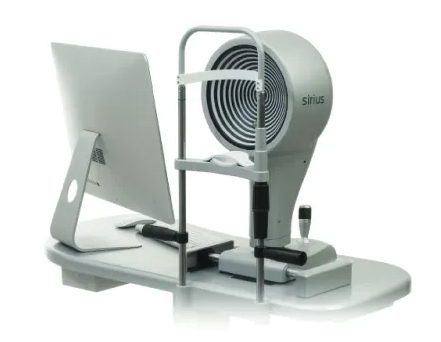
Corneal Topography & Tomography
for detailed corneal maps
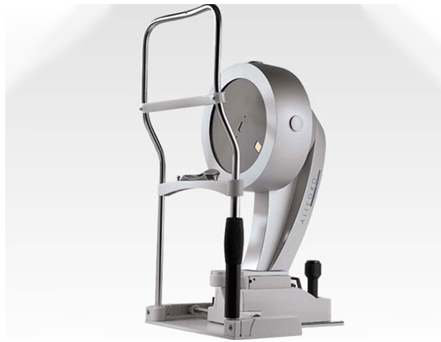
Wavefront Aberrometry
for personalised, higher-order correction
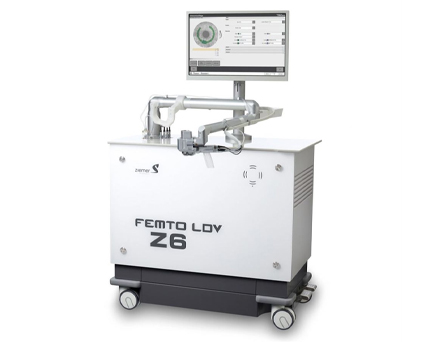
Femtosecond Laser
for bladeless flap creation and precision incisions
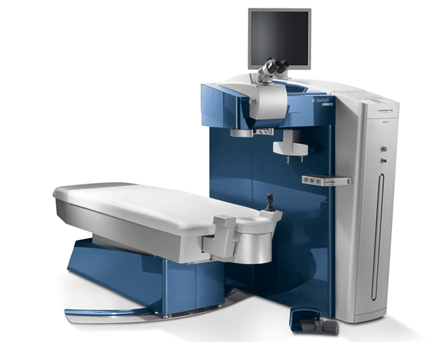
Excimer Laser Platforms
for accurate corneal reshaping
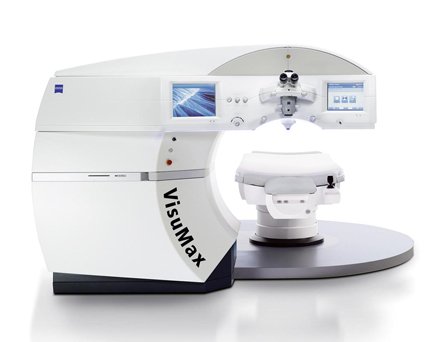
SMILE-capable Laser Systems
for minimally invasive lenticule removal
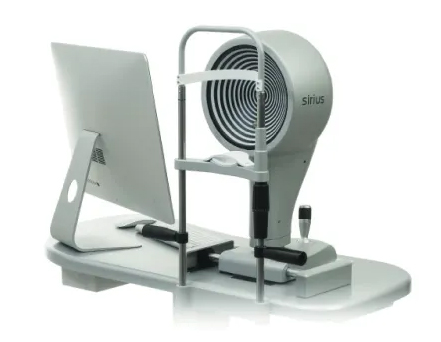
Topography-Guided Systems (e.g., Contoura)
for customised surface correction
Your Step-by-Step Refractive Surgery Journey
1
Consultation & Screening
Comprehensive eye exam, corneal mapping, refraction, tear assessment, and health review to confirm candidacy.
2
Treatment Planning
Choose the most suitable procedure (LASIK/PRK/SMILE/RLE/Phakic IOL) based on anatomy, lifestyle, and visual goals.
3
Procedure Day
Most procedures are quick, outpatient, and comfortable—typically completed within 10–30 minutes per eye.
4
Immediate Recovery
Mild irritation or dryness is common; vision often improves rapidly (days to weeks depending on procedure).
5
Follow-up & Long-Term Care
Scheduled visits to monitor healing, fine-tune outcomes, and manage any dry eye or visual symptoms.
Book Your Appointment
Submit Your Request
Get a Call from Our Team
Meet Your Specialist
Begin Your Eye Care Journey
Please wait...
Self Booking
Get A Call Back
Vision for All.
Not Just for Some
ASG is growing its network with 200 Vision Centres, delivering affordable eye care to over 4 million people.
Or
Clear Answers for Better Vision
What is refractive surgery?
Refractive surgery refers to a group of surgical procedures used to correct vision problems such as nearsightedness (myopia), farsightedness (hyperopia), and astigmatism. These procedures reshape the cornea so that light can focus properly on the retina, reducing or eliminating the need for glasses or contact lenses.
What are the different types of vision correction surgeries available at ASG?
We offer the full spectrum of modern refractive technologies, including:
LASIK: The most common laser procedure for vision correction.
SMILE (Small Incision Lenticule Extraction): A flapless, minimally invasive procedure.
Contoura Vision: Topography-guided LASIK that provides superior visual sharpness.
ICL (Implantable Collamer Lens): A permanent lens implant for those not suitable for laser surgery.
Am I a candidate for LASIK?
Most people over the age of 18 with a stable glass prescription for at least one year are candidates. However, your cornea must be thick enough and your eyes must be generally healthy. We perform a comprehensive Pre-LASIK Workup to determine the safest procedure for your specific eye structure.
What is the difference between LASIK and SMILE?
While both use lasers, LASIK involves creating a thin “flap” on the cornea. SMILE is a “flapless” procedure that uses a much smaller incision. SMILE is often preferred for patients with dry eyes or those involved in contact sports, as it preserves more corneal stability.
What is Contoura Vision, and why is it better?
Contoura Vision is the latest advancement in laser eye surgery. Unlike standard LASIK, which only corrects your prescription, Contoura maps 22,000 unique elevation points on your cornea. This allows the laser to smooth out microscopic irregularities, often resulting in vision that is better than 6/6 (better than what you had with glasses).
Is the procedure painful?
No. Refractive surgeries are virtually painless. We use numbing eye drops so you won’t feel anything during the procedure. You might feel a slight sensation of pressure for a few seconds, but the actual laser treatment usually takes less than 1 minute per eye.
How long does the surgery take, and when can I see clearly?
The entire process takes about 10–15 minutes for both eyes. Most patients notice a significant improvement in vision immediately. You can usually return to work and drive within 24 to 48 hours after LASIK or SMILE.
Are the results of laser eye surgery permanent?
Yes, the changes made to the cornea are permanent. However, it’s important to note that laser surgery cannot prevent age-related changes like Presbyopia (the need for reading glasses after age 40), which affects the eye’s internal lens rather than the cornea.
What happens if my cornea is too thin for LASIK?
At ASG, we specialize in ICL (Implantable Collamer Lens) for patients with high prescriptions or thin corneas. An ICL is a tiny, biocompatible lens placed inside the eye. It provides high-definition vision and can be removed if necessary, making it an excellent alternative for those rejected for LASIK.
Why should I choose ASG Eye Hospital for my vision correction?
ASG is equipped with the world’s most advanced laser platforms. Our surgeons are pioneers in refractive surgery, and our personalized approach ensures that you receive the specific technology (LASIK, SMILE, or Contoura) that is safest and most effective for your unique eyes.
Every Angle of Vision.
Every Kind of Care.
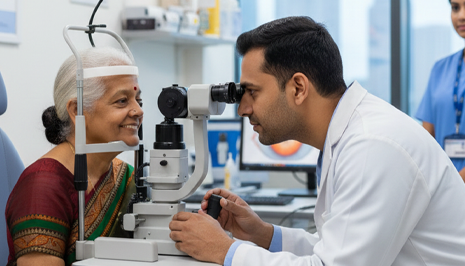
Cataract
What do you understand by Cataract? A cataract is an eye condition characterized by the clouding of the natural lens in the eye, leading to vision

Diabetic Retinopathy
What Do You Understand by Diabetic Retinopathy? Diabetic retinopathy is an eye condition, it is caused by diabetes

Cornea
Cornea and Associated Diseases The cornea is the transparent front part of the eye that covers the iris, pupil, and anterior parts of an eye.
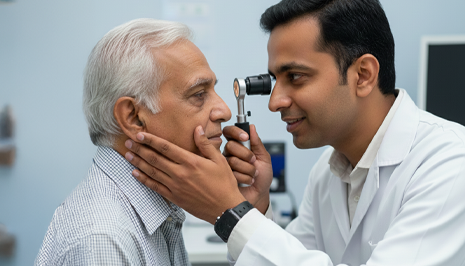
Glaucoma
Glaucoma: A Silent Thief of Sight Glaucoma is an eye condition that directly damages the optic nerve (the bundle of nerve fibers that carries..

Neuro-Ophthalmology
What is Neuro-Ophthalmology? Neuro ophthalmology is a combination of super specialty of both neurology and ..